Fostering Kids’ Creativity at Stage West
Educators have long struggled with developing young creative minds in order to engage real world problem-solving techniques. When children feel disconnected from their imaginations, they will invariably struggle with the new problems of a changing world.
With this in mind, Fort Worth’s legendary Stage West Theatre supports and fosters the creative energies of the next generation with their Summer Camps and Conservatory, as well as their Festival of the Kid, a one-of-a-kind event allowing local young actors to portray pieces written by young artists with the assistance of professional designers and directors.
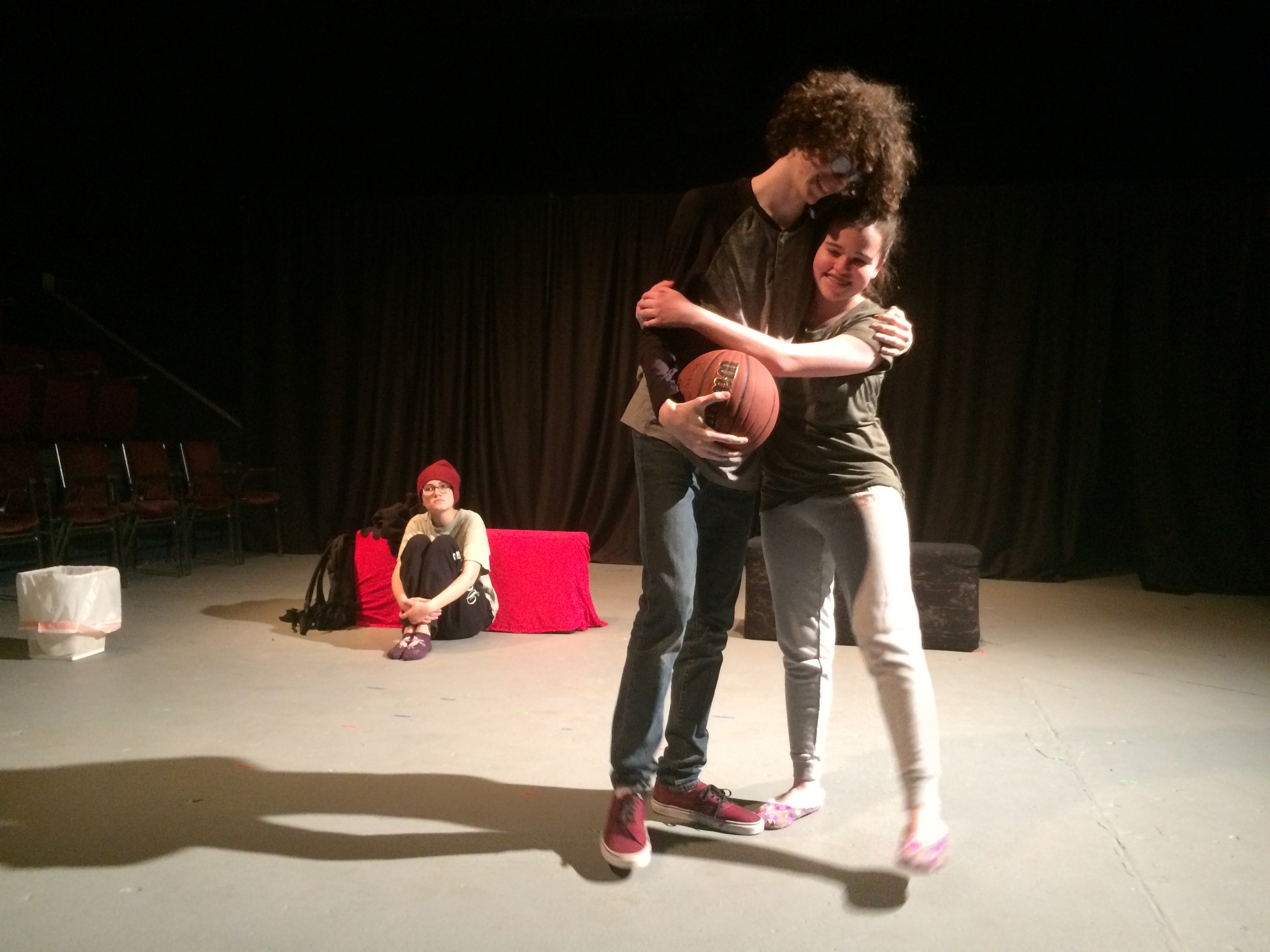
photo courtesy of Stage West Theatre
These summer opportunities for kids at Stage West date back nearly ten years, Executive Producer Dana Schultes explains she originally saw the need for them with her own daughter. With the addition of Education Director Donna Park, the programs have gained her extensive background in television and live events production as well as her passion for educating children. As Schultes explain, “Donna is a remarkable resource with her vast experience with agents, casting directors and auditions.”
While the camps introduce campers ages 6-18 to creative play through various elements of stagecraft, the Conservatory represents serious exposure to the world of professional acting whether in the theatre, film, or television for those between the ages of 14-22.
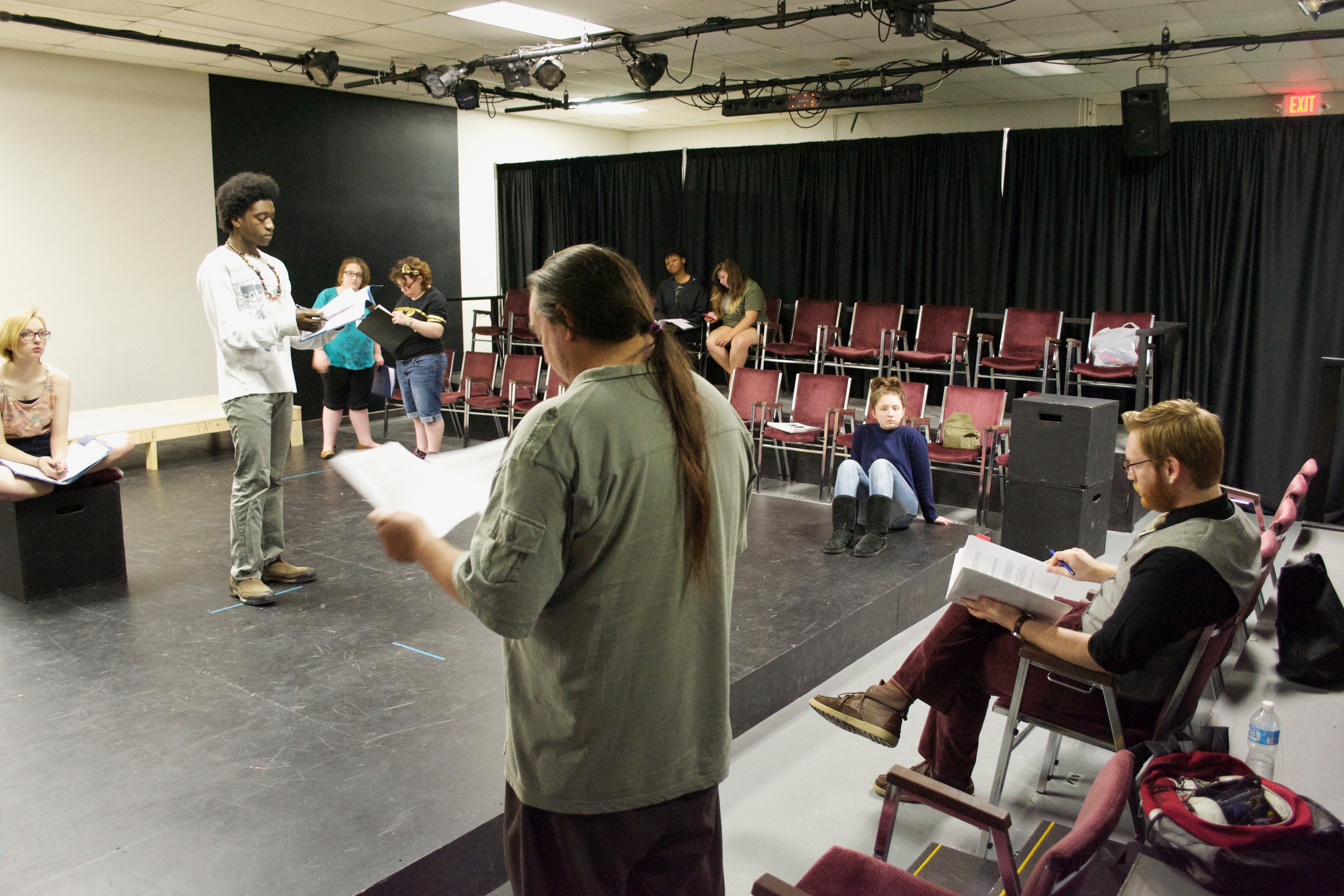
photo courtesy of Stage West Theatre
Using popular themes like Minecraft and Black Panther to draw campers into 1-week courses are perfect ways to give them a taste of the choreography, performance and design that may have otherwise been hidden to them. Dana Schultes adds, “We help them understand that what they see on the screen and stage is not real and with the right tools and practice they can also create them.”
For the Conservatory, which runs July 9-27 from 9a-4p, the experience Park and Schultes bring to the table helps demystify the audition process in order that participants can move beyond the classroom and into a career. Donna Park explains, “Every audition is different, because every director and project are different. So, you’ve got to be ready for whatever you may be called to do. It may be improvisation, or they may ask you to tell a story. And once it is done, you have to leave it at the door because there is nothing else you can do.”
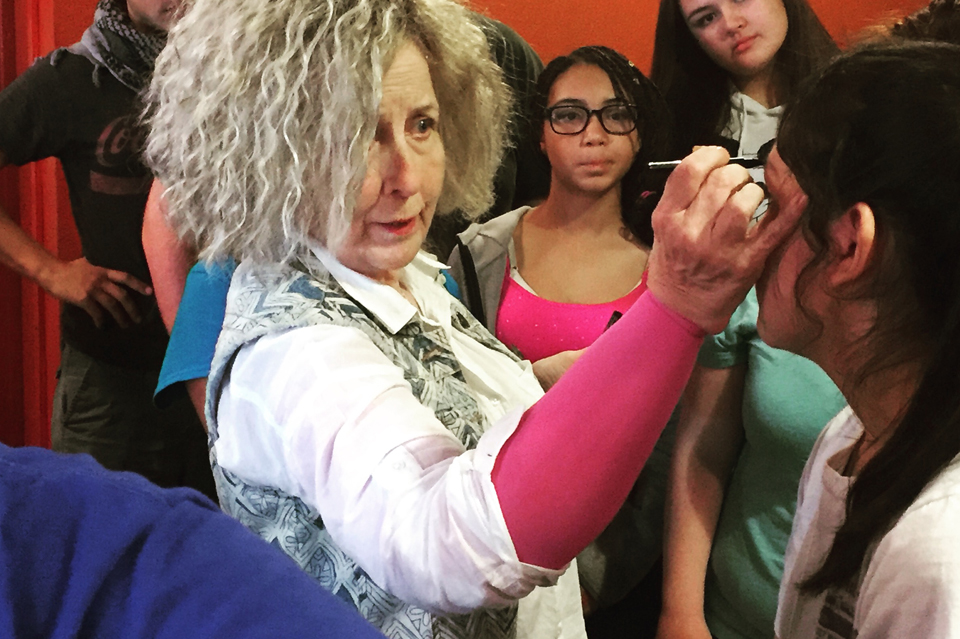
photo courtesy of Stage West Theatre
Masterclasses with industry professionals give further insight into what casting agents look for in resumes, headshots or auditions, allowing students to get experience with mock auditions and feedback. By the end of the three weeks, they will be armed with a professional headshot and the skills necessary to successfully navigate the audition process. Many of these lessons carry over into real world applications like job interviews, truly any situation where it benefits someone to manage expectations while they remain in the moment. As Schultes confides, “When I graduated from college, I still didn’t know how to pick up the pieces of this career. It took me years to get an agent and figure out what I was doing.”
In addition, to these opportunities, the Conservatory maintains an aggressive schedule of rehearsing and performing. Throughout the summer, there is a commitment to developing skills beyond acting, including technical aspects and scenic and costume design elements, all of which enhance career longevity. Fellowship is integral to the camps and conservatory, allowing young people to find common cause with folks of different backgrounds. The women in charge recount moments of powerful inclusiveness and courage because beneath the inherent competitiveness of show business, the entertainment industry centers on the ability to make and maintain connections while building a network. This process of ensemble learning is inspiring, because as Donna Park shares, “It makes you realize you can present this kind of material in an aggressive schedule and the kids will rise to the occasion.”
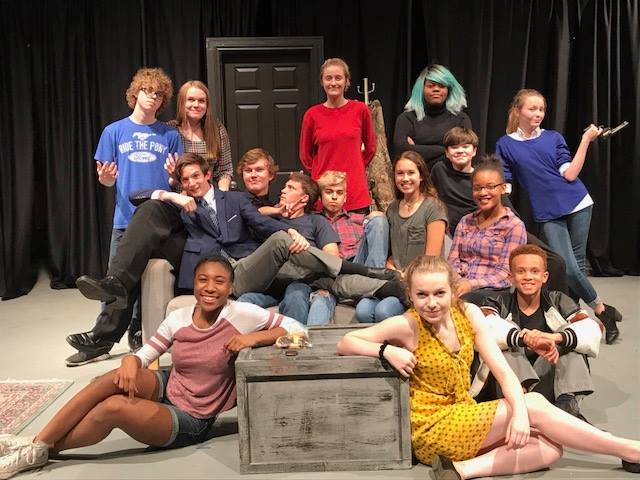
photo courtesy of Stage West Theatre
These concepts crystalize during the Festival of the Kid on May 7th, 8th and 9th, which represents the culmination of the Neighborhood Play Project – encouraging young writers to submit short pieces. The chosen winners are then cast with local young talent and produced to create deeply rewarding experiences for all involved, especially those peers working together to make something new. These transformational works often stick with audiences, Dana Schultes affirms, “It is rewarding to see what the youth of our community are writing and thinking about. We shouldn’t brush these things off, rather we should reflect on how we are impacting the next generation.”
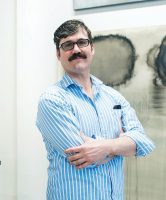 An Austin native, Lyle Brooks relocated to Fort Worth in order to immerse himself in the burgeoning music scene and the city’s rich cultural history, which has allowed him to cover everything from Free Jazz to folk singers. He’s collaborated as a ghostwriter on projects focusing on Health Optimization, Roman Lawyers, and an assortment of intriguing subjects requiring his research.
An Austin native, Lyle Brooks relocated to Fort Worth in order to immerse himself in the burgeoning music scene and the city’s rich cultural history, which has allowed him to cover everything from Free Jazz to folk singers. He’s collaborated as a ghostwriter on projects focusing on Health Optimization, Roman Lawyers, and an assortment of intriguing subjects requiring his research.


 Sign in
Sign in

